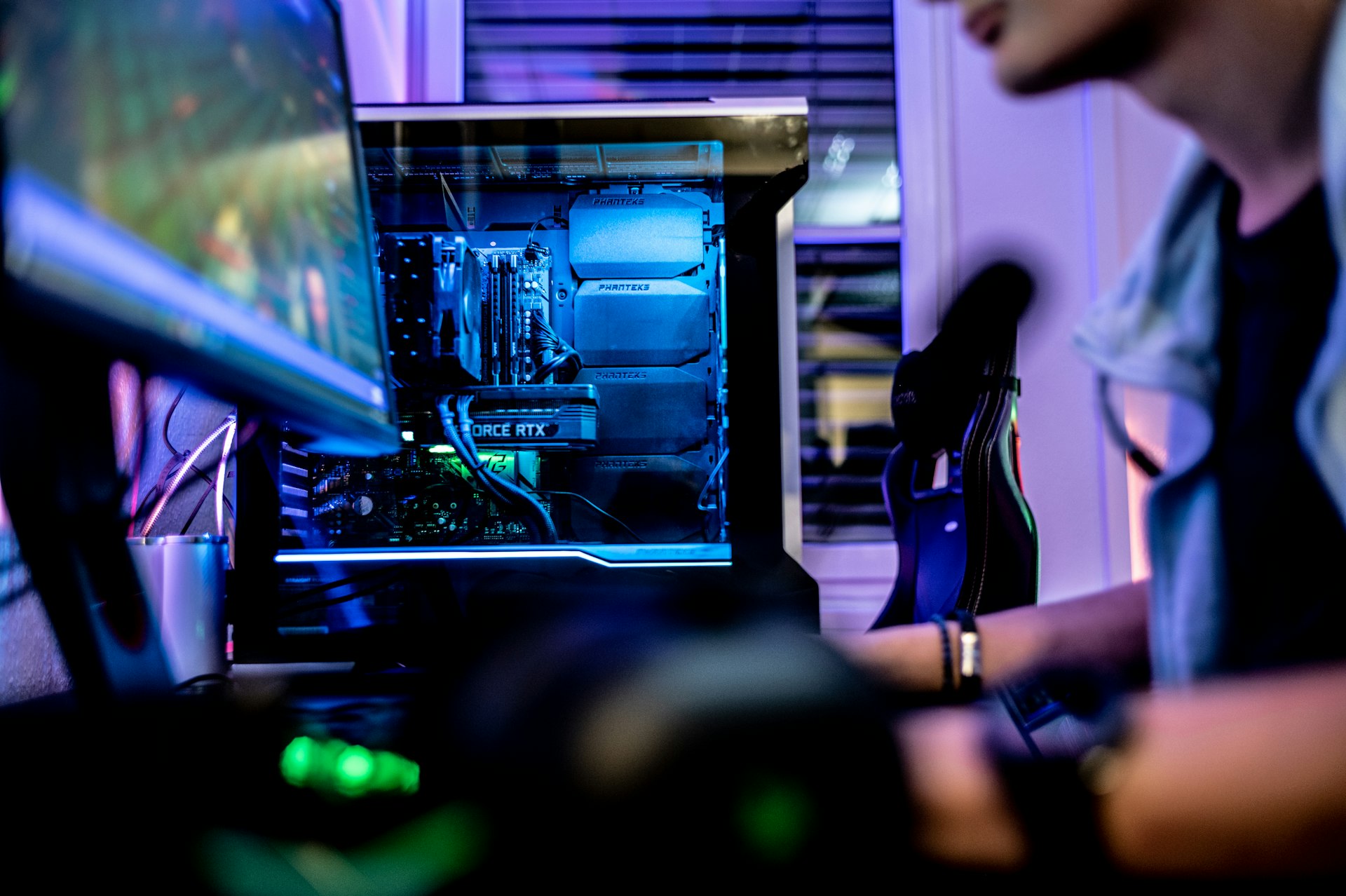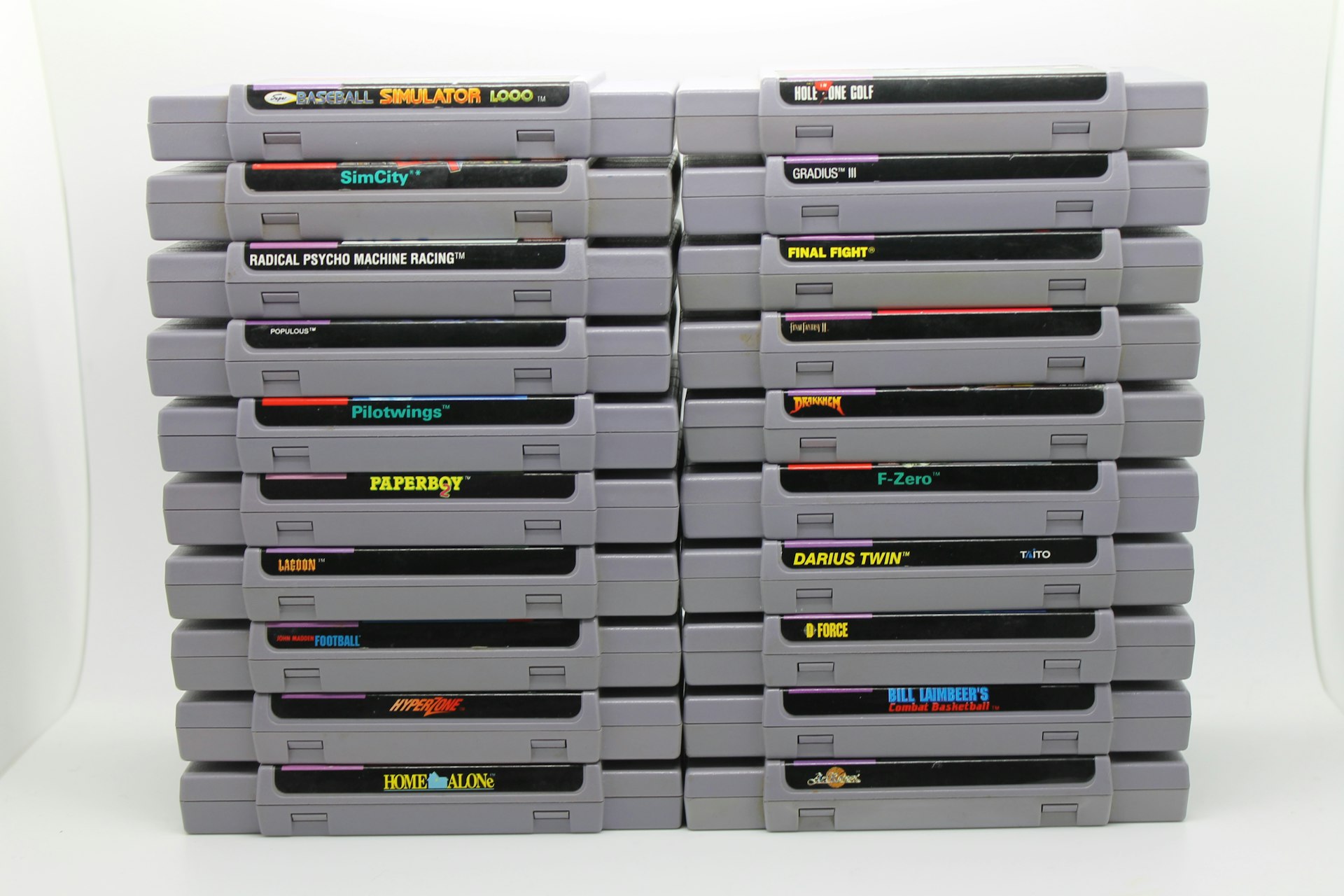How Toxic Behavior Is Reshaping Gaming Communities: Challenges, Impact, and Actionable Solutions

Photo by Alexander Jawfox on Unsplash
Understanding Toxic Behavior in Gaming Communities
Toxic behavior in gaming communities refers to a spectrum of negative actions-including harassment, hate speech, cheating, and disruptive play-that undermine the player experience and threaten the health of online environments. Such behaviors are not just isolated incidents; they are widespread, contagious, and increasingly recognized as a critical issue impacting both individual gamers and the industry as a whole. Recent studies indicate that over 70% of gamers have experienced or witnessed some form of harassment or toxic behavior online [2] .
The Prevalence and Forms of Toxicity
Toxicity within gaming is pervasive and often rationalized as part of gaming culture. Forms of toxicity range from verbal abuse, hate symbols, and slurs to cheating and exclusionary behavior. Surveys of thousands of gamers worldwide report:
- 72% of multiplayer gamers have witnessed toxic behavior, while 68% have experienced it firsthand [2] .
- In the U.S., 65% of players have faced harassment online, with comparable numbers in Europe and Asia.
- Female and LGBTQ+ gamers are disproportionately affected, often choosing not to use voice chat or withdrawing from community participation due to fear of harassment [4] .
- Nearly 78% of American gamers report experiencing harassment while gaming online [5] .
This data highlights the urgent need for comprehensive action to address toxicity in online gaming environments.

Photo by Nik on Unsplash
Impact on Player Experience and Community Health
The consequences of toxic behavior in gaming communities are substantial and far-reaching. Core impacts include:
- Reduced Player Retention: Up to 61% of players have quit a game session-or stopped playing a game entirely-after being subjected to harassment or hate [1] .
- Financial Impact: 6 in 10 gamers report choosing not to spend money within a game due to negative community experiences [1] .
- Diminished Enjoyment: Toxicity leads to decreased enjoyment, increased anxiety, and even mental health issues for affected players [2] .
- Community Fragmentation: Nearly 30% of players actively avoid certain communities or platforms due to their reputation for toxicity [5] .
- Demographic Disparities: Marginalized groups, especially women and LGBTQ+ players, are more likely to be silenced or excluded, undermining diversity and inclusivity [4] .
Across genres, toxicity is most prevalent in first-person shooters (FPS), sports/racing, and battle royale games, with over half of players in these categories reporting toxic experiences [3] .
Business Consequences and Industry Response
Toxic behavior is not just a community issue-it is a business problem. Game developers and publishers face tangible costs from unchecked toxicity, including:
- Loss of Revenue: Players who experience or witness toxicity are less likely to make in-game purchases or support a title long-term [1] .
- Brand Damage: Toxic reputations deter new users and damage long-term brand value.
- Increased Support Costs: More toxicity leads to higher burdens on moderation, support teams, and community management.
Recognizing these risks, many in the industry are adopting new approaches. Notably, 53% of game developers report that toxic behavior has worsened in the past year, prompting calls for stronger moderation, improved reporting tools, and cross-industry collaboration [3] .
Real-World Examples and Case Studies
Major titles such as
League of Legends
and
Overwatch
have faced criticism for toxic communities and have responded by implementing robust reporting and penalty systems. For example, Riot Games introduced the “Honor” system to reward positive behavior, while Blizzard has repeatedly updated its reporting tools and enforcement practices. Yet, challenges remain-many players report that moderation efforts are inconsistent, and marginalized users often lack confidence that their concerns will be addressed effectively.
Community-driven initiatives, such as mentorship programs, inclusive guilds, and educational campaigns, have also shown success in fostering safer spaces. Players who feel empowered to report, intervene, and support one another contribute to more positive environments.
Actionable Steps for Players, Developers, and Industry Leaders
For Players:
- Report Toxic Behavior: Use in-game tools to report harassment, cheating, or abusive content. Document incidents with screenshots when possible.
- Set Personal Boundaries: Make use of mute, block, and privacy features to control your gaming experience. Many platforms allow you to customize chat settings or restrict contact from strangers.
- Support Positive Initiatives: Join or promote inclusive groups and events. By participating in community-led moderation or mentorship, you can help set a constructive tone.
For Developers and Community Managers:
- Implement Robust Moderation: Invest in automated detection tools and active moderation teams. Clear, consistently enforced rules deter bad actors [1] .
- Encourage Positive Behavior: Recognize and reward players who exemplify respectful conduct. Systems that highlight positive contributions can shift community norms.
- Educate and Engage: Provide resources on digital citizenship, conflict resolution, and mental health. Host regular discussions or workshops on community standards.
- Design for Inclusion: Ensure voice and text chat features are easily manageable. Allow players to opt out of potentially toxic interactions without penalty.
For Industry Stakeholders:
- Collaborate Across Companies: Share best practices and data to develop industry-wide standards for moderation and player support [3] .
- Invest in Research: Regularly assess the state of gaming communities through surveys and independent studies.
- Promote Diversity: Support initiatives that elevate marginalized voices and address unique challenges faced by different player groups [4] .
How to Access Support and Report Issues
If you or someone you know is affected by toxicity in gaming, consider these strategies:
- Use official in-game reporting tools. Most major platforms (e.g., Steam, PlayStation Network, Xbox Live) provide accessible ways to report abusive behavior. Search “[Game Name] report abuse” in your platform’s help center for specific instructions.
- Contact the game’s official support team through their verified website or support portal. For independent advice and mental health support, organizations like Take This offer resources for gamers affected by toxicity. You can search for “Take This mental health gaming” to find their latest resources.
- For serious threats or illegal activity, contact local authorities. If you or someone you know experiences threats of violence or other unlawful behavior, report it to your local law enforcement and keep evidence of the incident.
Overcoming Challenges and Building Inclusive Communities
Fostering a healthy gaming environment requires ongoing effort and collaboration. Some challenges include under-reporting, inconsistent moderation, and cultural or linguistic barriers. Solutions may involve:
- Regular community surveys to assess needs and concerns
- Expanding moderation in multiple languages
- Partnering with advocacy groups to prioritize underrepresented voices
Alternative approaches include community-driven moderation, AI-powered detection tools, and educational campaigns that raise awareness of the impact of toxicity.
Key Takeaways
Toxic behavior is a significant and growing threat to gaming communities, impacting both individual well-being and industry viability. While progress is being made, continued vigilance, investment, and community engagement are necessary to ensure that online play remains a positive, inclusive experience for all participants. By leveraging robust reporting, inclusive design, and a shared commitment to respect, gaming communities can begin to reverse the negative trends and build a more welcoming future.
References
- [1] Take This (2023). Toxic Gamers Are Alienating Your Core Demographic: The Business Case for Community Management.
- [2] Atlas Localization. Addressing and Overcoming Toxicity in the Gaming Community.
- [3] GamesIndustry.biz (2023). Report: 53% of devs say toxic behavior has worsened in past year.
- [4] Maddyness UK (2023). Toxicity in gaming: unveiling the ‘Closed Club’ and revolutionising cooperative play.
- [5] Besedo. Online Gaming Safety: 9 in 10 Gamers Wouldn’t Let Their Kid Play.
MORE FROM dealseekersguide.com













